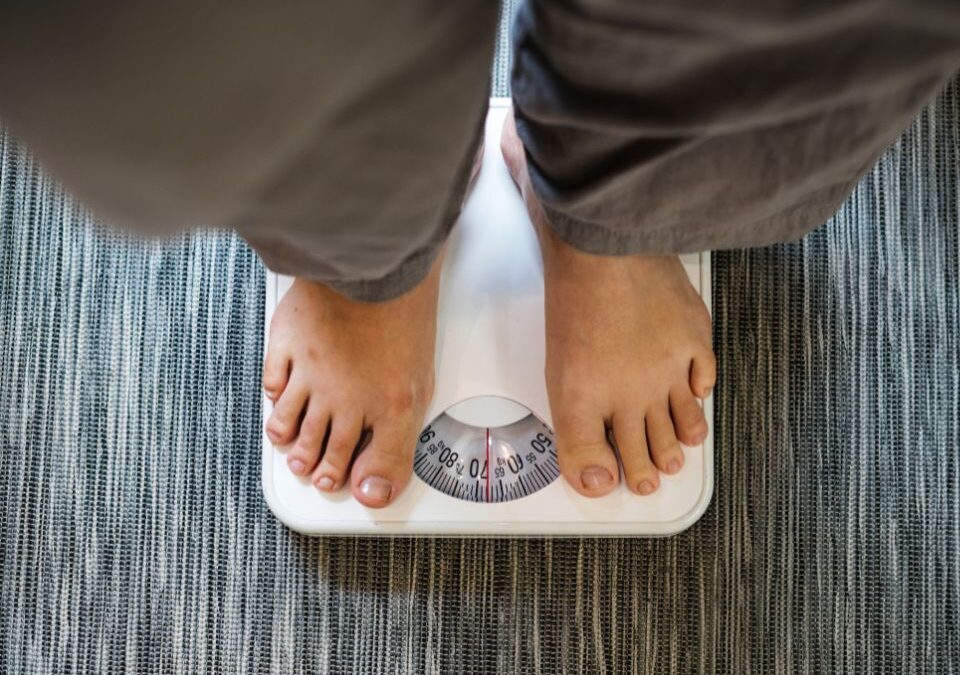
Keto Diet and Its Impact on PPSC
October 20, 2022
Can High-Intensity Interval Training Help With Postprandial Blood Sugar Control & Is It Safe?
October 21, 2022Postprandial blood sugar or PPS is the blood sugar levels you have after eating any food or taking a drink. It is an important marker for evaluating glycemic control and managing diabetes and is considered highly useful in preventing cardiovascular diseases.
There are several factors that help control PPS such as diet, exercise, sleep, etc. However, one factor that often gets overlooked is weight. Weight has a significant effect on PPS, and many researchers have suggested that weight management can help control postprandial blood sugar levels.
How Significant Is Weight Management In Postprandial Blood Sugar?
Weight management is anyway known to improve insulin sensitivity and delay diabetes progression. However, according to several studies, it can also benefit PPS.
It has been found that weight loss of 5% to 10% in overweight patients can help lower postprandial blood sugar levels and reduce the risk of developing diabetes and diabetes complications.
In addition, the dietary strategy used in weight control includes the restriction of processed carbohydrates and unhealthy fats like saturated and trans fats. These modifications help not only manage weight but also improve postprandial dysmetabolism, reduce oxidative stress and lower inflammation.
How To Regulate Body Weight in Diabetes?

- Exercise for at least 30 minutes every day to reduce stress, regulate blood sugar levels and shed excess weight.
- Begin your day with a healthy and fulfilling breakfast.
- Avoid eating processed foods, deep-fried foods and bakery products.
- Drink plenty of water and avoid sugary sodas.
- Understand if you are craving any food or you are actually hungry. Eat only when you are hungry.
- Prefer whole grains over refined grains.
- Eat a balanced portion of carbohydrates, proteins and other nutrients in your meals.
On a Final Note
Weight management can significantly affect your postprandial blood sugar levels and help lower the risk of diabetes complications. However, achieving your targeted weight in diabetes is not easy. You must take small steps and make gradual modifications to your lifestyle.
References
- https://www.sciencedirect.com/science/article/pii/S0735109707034444
- https://health.clevelandclinic.org/diabetes-and-weight-loss-what-you-need-to-know/




